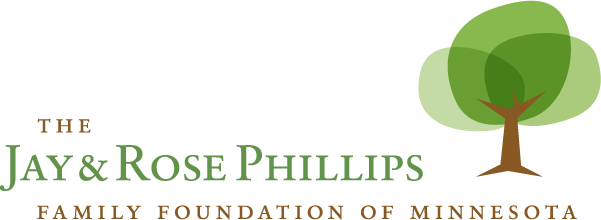By Clarissa Goldsmith, Career Resource Development Specialist at Lifetrack Resources
AmeriCorps VISTA members often volunteer because we strongly believe in the work that AmeriCorps does. It’s a way for volunteers to do work that reflects their values while also participating in community welfare. Despite this intent, it’s easy in the mad dash of daily life to lose focus on why we do something, or even why we should do something. It’s easy to dismiss the motivation of doing in favor of simply doing. For many, our value system is so ingrained in us that we often fail to step back and examine just what our values are and why we hold them.
During a workshop hosted by Damon Shoholm, Executive Director of the James P. Shannon Leadership Institute of the Amherst H. Wilder Foundation, myself and the other members of the Phillips VISTA cohort were asked to explore and examine our values; to identify how they manifest in our everyday life and how we filter the world through them.
Set up as a group discussion, Damon’s workshop wasn’t meant to lead to specific definitions of values or to label some values as more important or nobler than others. Instead, he encouraged an exploration of different values and demonstrated how unique each value and its role can be in each of our lives.
In addition to a group discussion, the workshop also included a list of different values and their definitions. These terms included values such as personal freedom, justice, respect, adventure, service and learning. The exercise was to first choose our top ten values, then narrow it down to five, to three, to one. After choosing my own top ten, I thought I knew, beyond a shadow of a doubt, what my first value would be.
I didn’t.
This kind of list meant that the terms had to be words that were more conceptual than anything concrete; more ideas than action. By being deliberately vague, the values were open to personal interpretation and therefore applicable to a wide range of people. But this also forces a person to consider, to really think about, what each of those terms meant to them. When it came down to the wire, I surprised myself by choosing personal freedom as my main value. It was a term that I almost dismissed when choosing my top three but the more I thought about it, the more I realized how true it was.
The work that VISTAs do often require us to put countless hours into improving the lives of others or the nonprofits that we volunteer with. It’s rewarding work but it’s also taxing work. As someone who is a VISTA, applying to graduate school and working a second job, I often feel like my life is a bit out of control; that once I finish one task it’s on to another and another and another. At times, it can feel like I’m stretching myself too thin, like butter scraped over too much bread, but it’s nothing that I would change. Even if it’s a lot, it’s exactly what I want to be doing- it’s something that I choose to do. Knowing this, it became clearer why I chose personal freedom as my first value.
The nature of the workshop forces you to draw back from the ebb and flow of everyday life. It asks you to stop and decide what was important to you as an individual and as a member of your community. It asks for you to weigh your actions against your values to see if they match up, to see if what you believe are your values truly are. It asks you to step back into your daily life and bring your values back in with you.
